Please check the screen display below and click "OK".
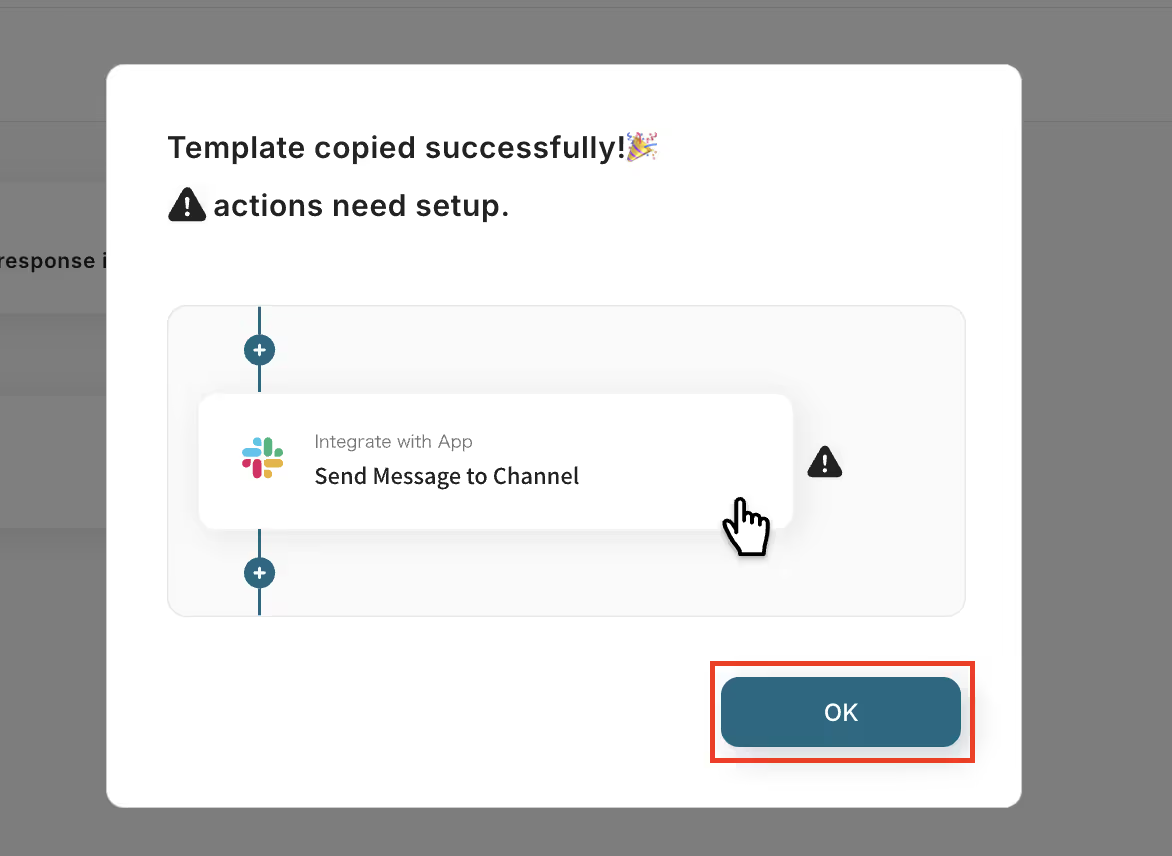
When the following screen is displayed, check the "Title" and "Description".
If you want to change them, click the relevant section to modify it.
First, to set up Notion, click "When a specific database page is created or updated".
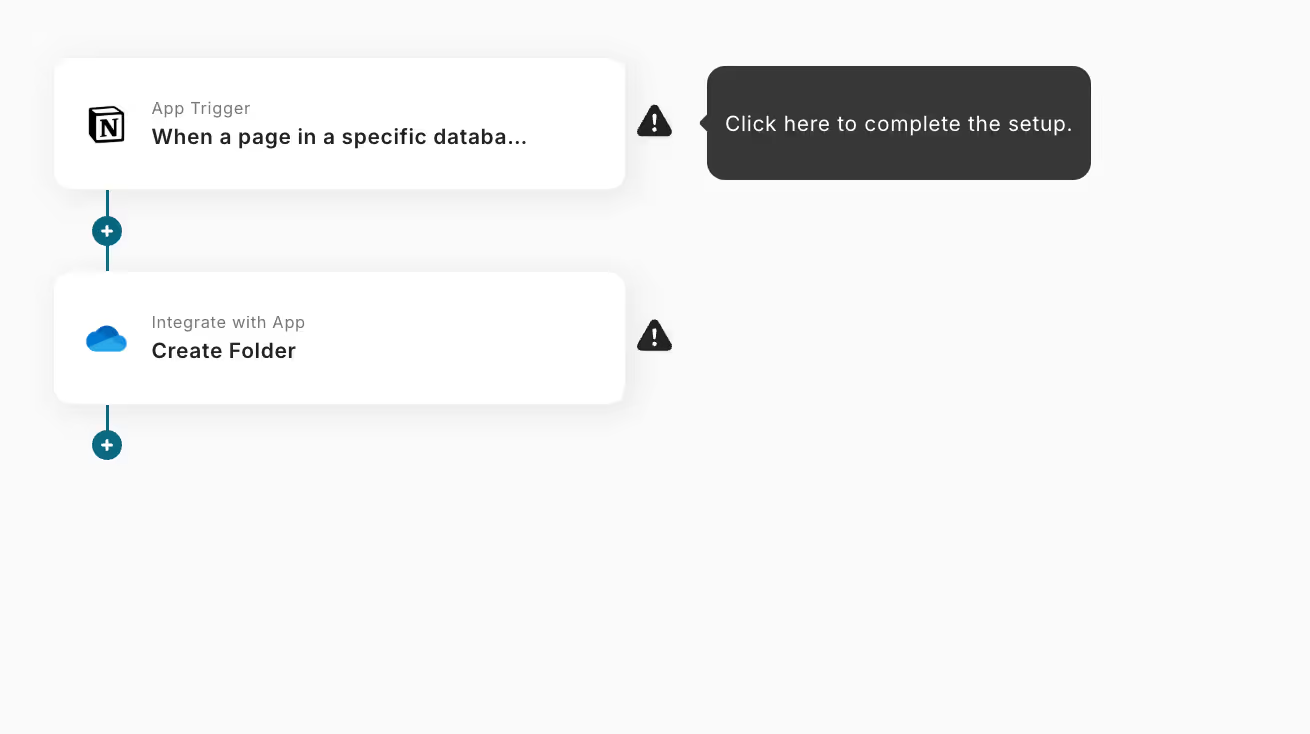
When the following screen is displayed, check the settings.
- "Title" → Can be changed freely
- "Account information linked with Notion" → Check if the account is correct
- "Trigger action" → When a specific database page is created or updated
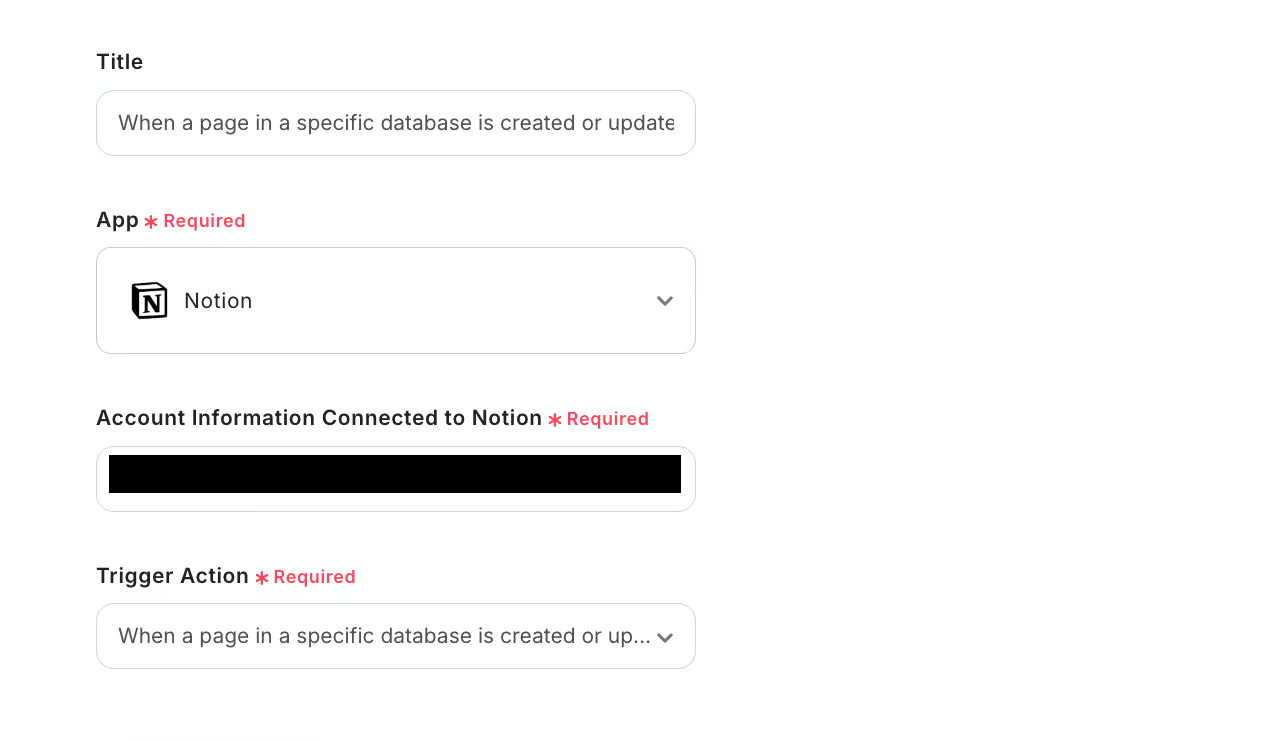
When the following screen is displayed, configure the settings.
- "Trigger interval" → Choose from 5 minutes, 10 minutes, 15 minutes, 30 minutes, 60 minutes
*Please note that the trigger interval varies depending on the plan. - "Database ID" → Check the description and set it
Once the settings are complete, click "Test" → "Test Successful" → "Save".
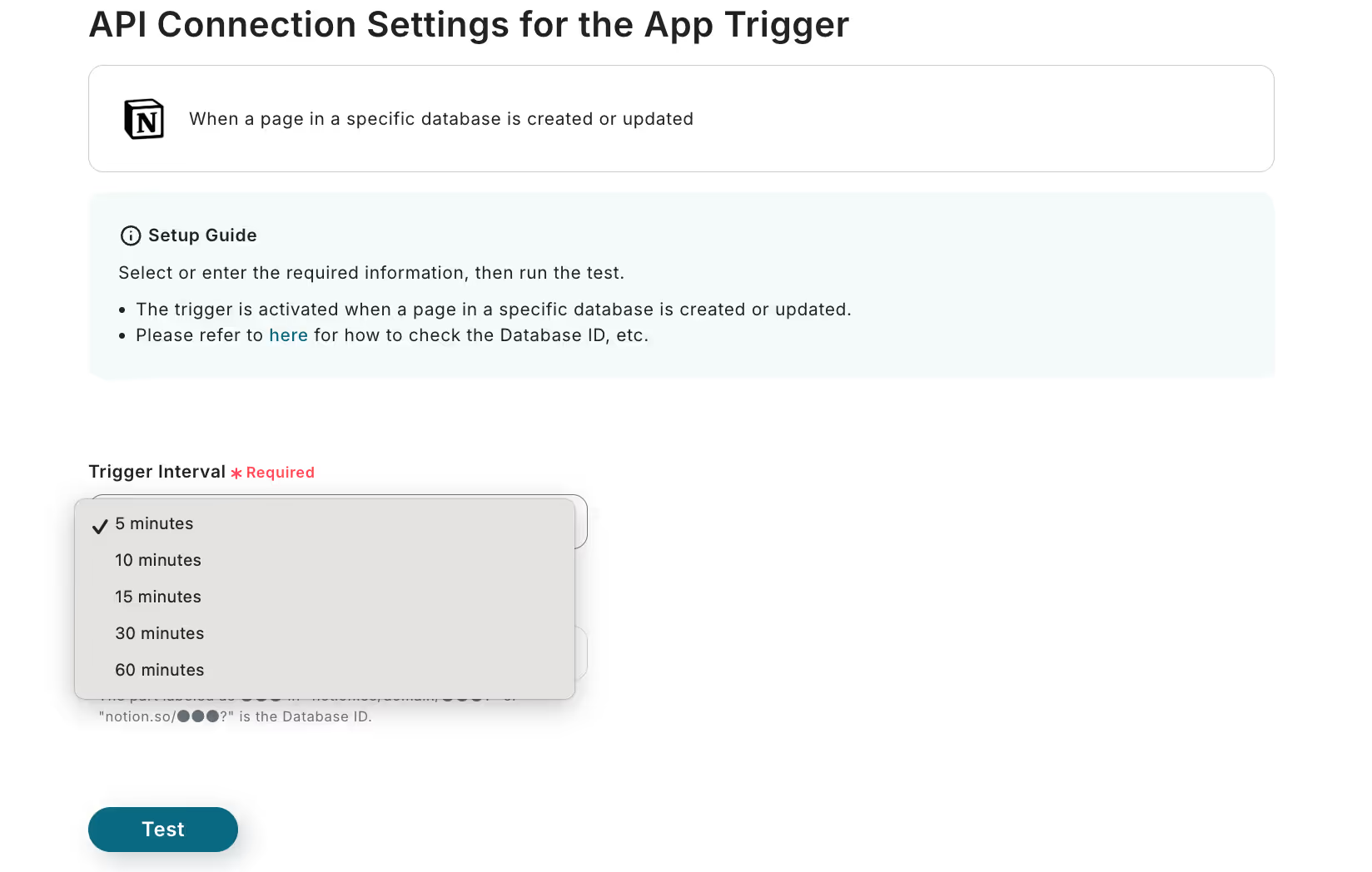
Next, to set up OneDrive, click "Create Folder".
When the following screen is displayed, check the settings.
- "Title" → Can be changed freely
- "Account information linked with OneDrive" → Check if the account is correct
- "Action" → Create Folder

When the following screen is displayed, set the "Drive ID" from the options.
Click the setting area to display the options and select the appropriate Drive ID.
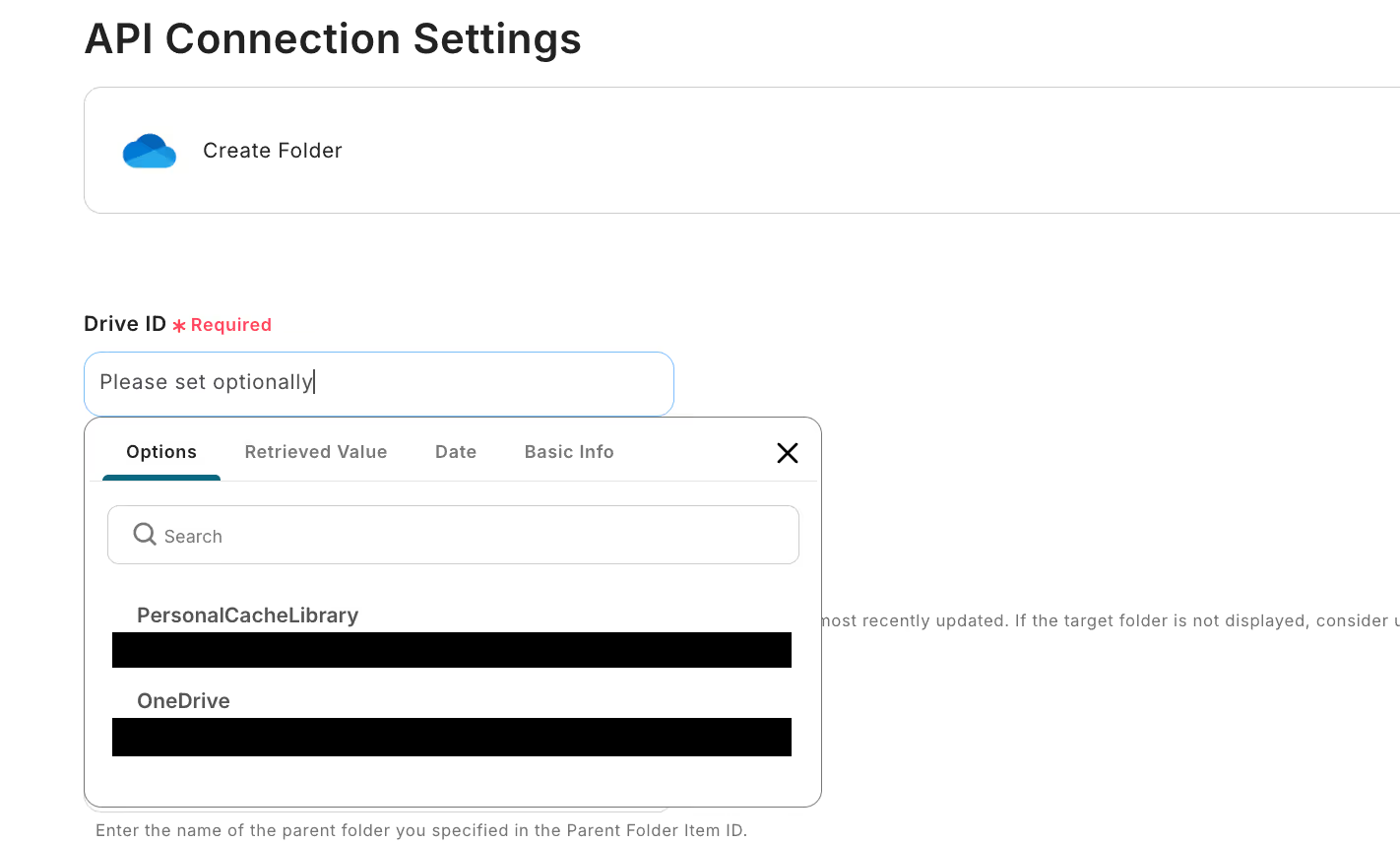
Scroll down, check the description, and set the "Parent Folder Item ID", "Parent Folder Name", and "Folder Name".
Once set, click "Test" → "Test Successful" → "Save".

Finally, click "Turn on Trigger" to complete the automation setup.
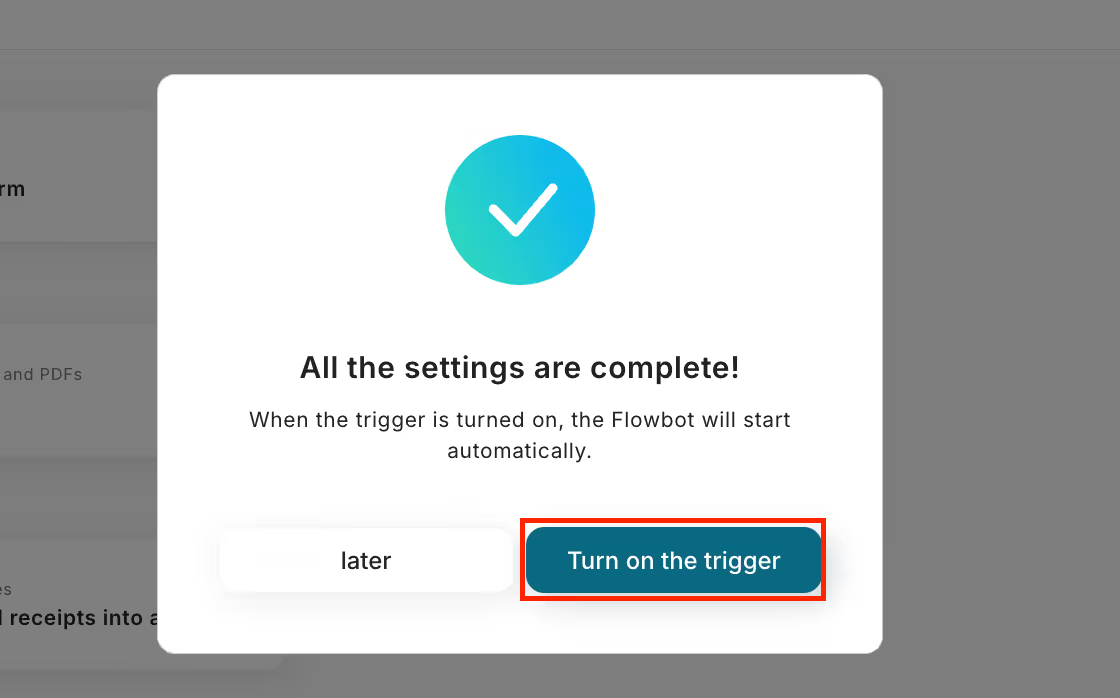
Good job!

















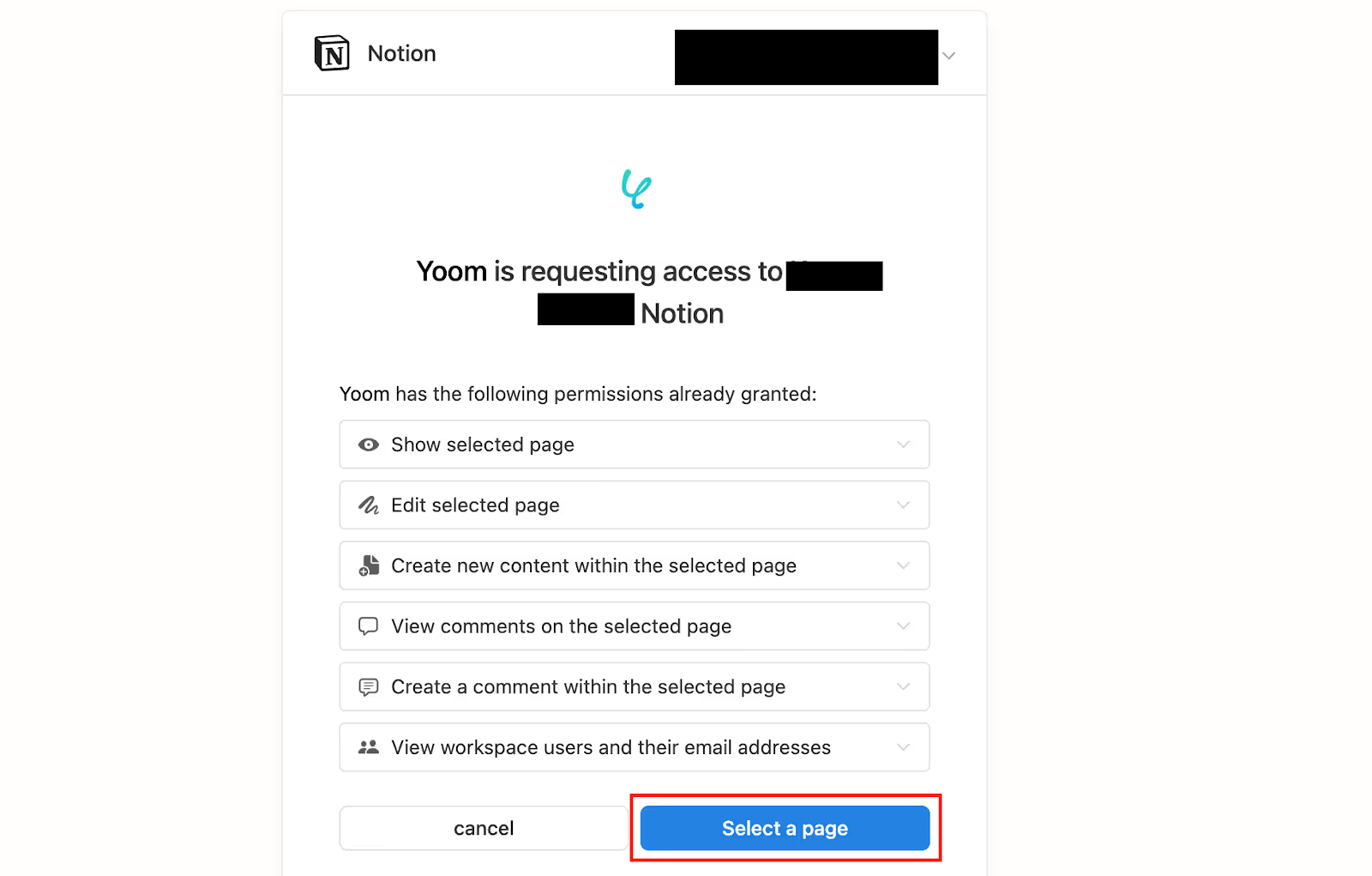




.avif)

.avif)






